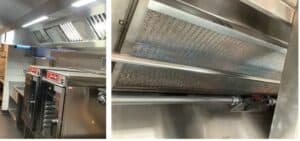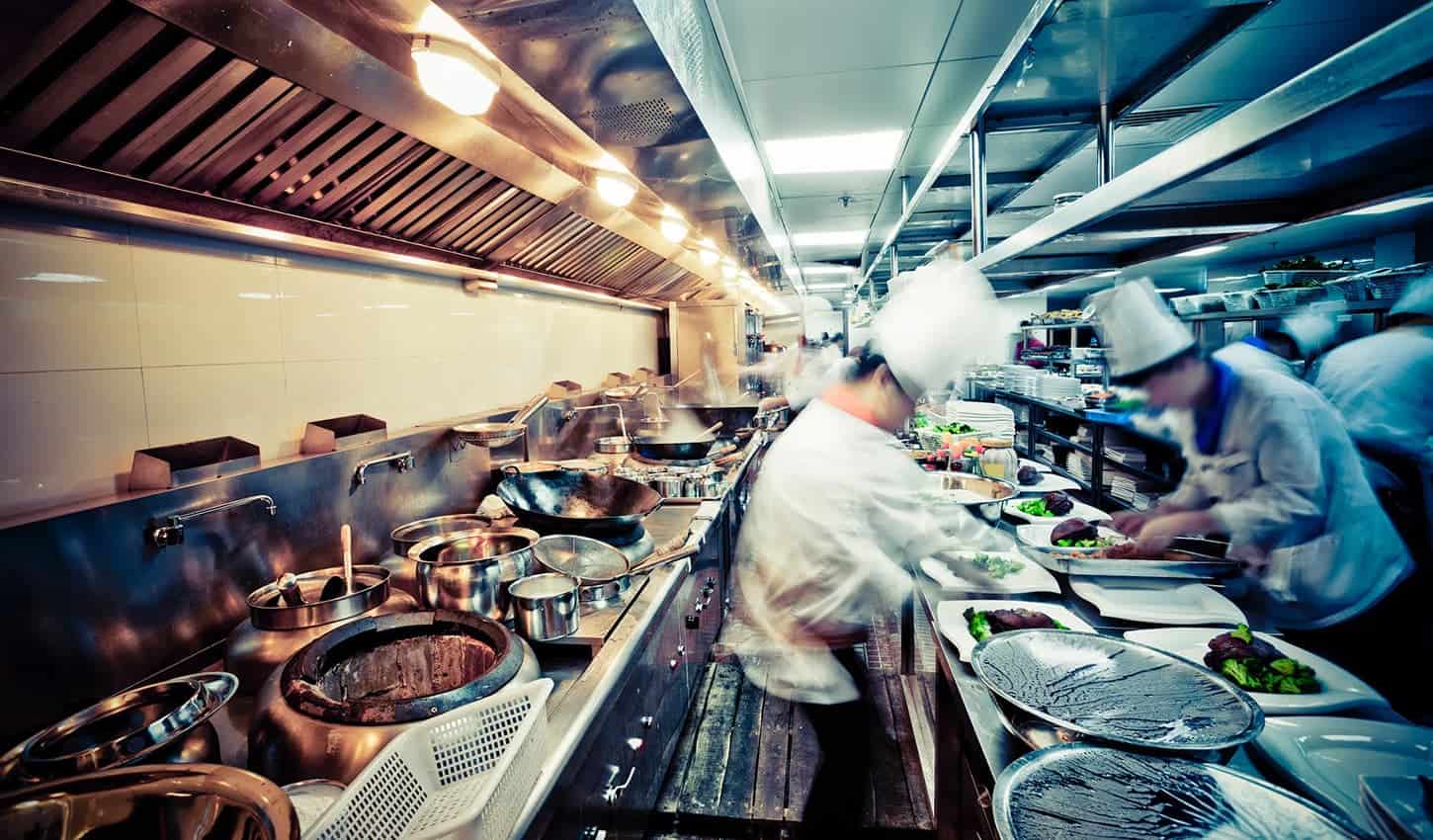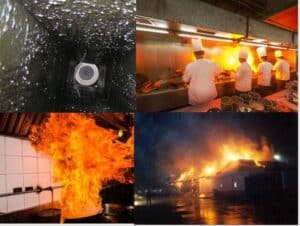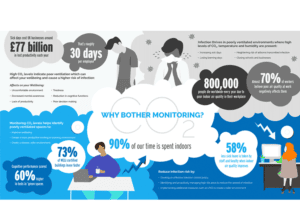On the 2nd February, 2017, Dr Louise Fletcher from the University of Leeds conducted a report on behalf of Plasma Clean; “The Evaluation of the Performance of UV device for the reduction in airborne microorganisms. We have the full report, determining the performance of UVC for disinfection purposes, available on request from your Plasma Clean representitive.
Thanks to the great work from Dr Louise Fletcher and our own Technical Director and Founder, Dr David Glover, this has helped propel UVGI to the forefront of safeguarding commercial buildings within the Coronavirus , as well as allowing us to develop a varied range of in-duct and standalone UVC solutions for the last four years.
We were thrilled to see the latest update of CIBSE COVID-19 Ventilation Guidance released in October, and hope this – teamed up with our findings – will help aid your project.
Please contact us if you need any questions, queries or concerns, as to how best to implement Plasma Clean LTD solutions into your projects, to create a safer working environment.
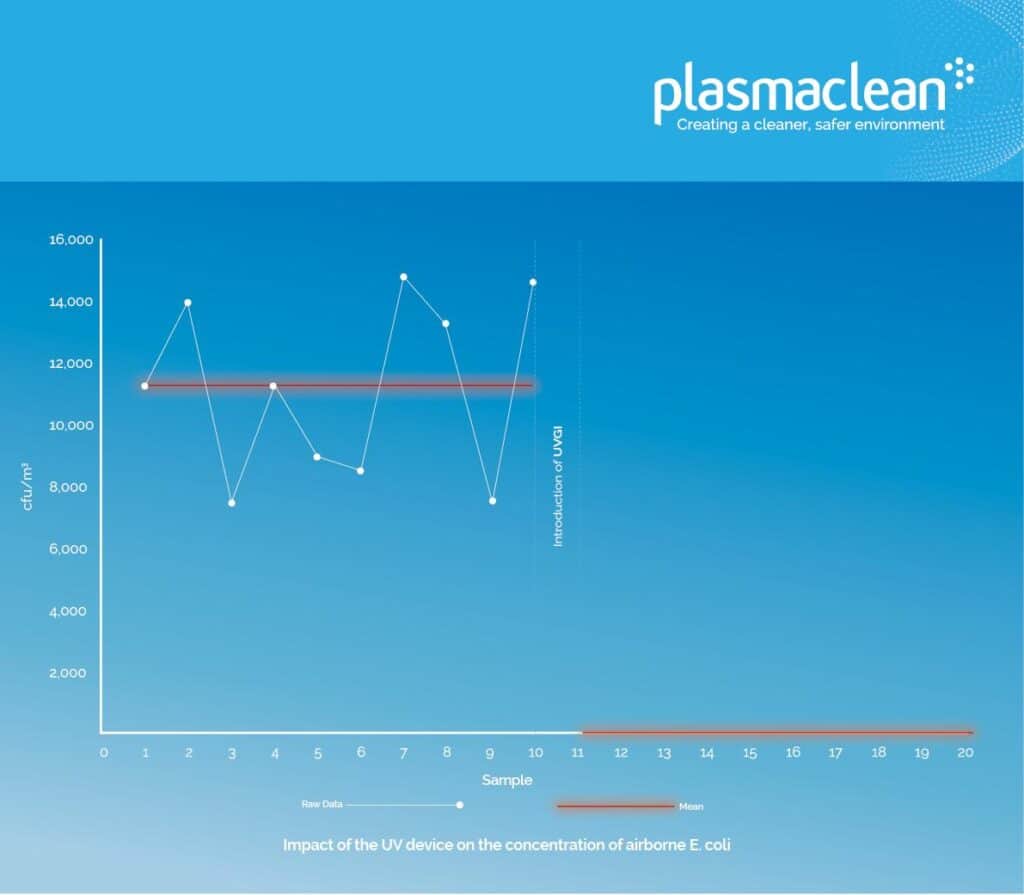
Ultraviolet light in the c-band range (225–302 nm) is lethal to micro-organisms and is referred to as ultraviolet germicidal irradiation (UVGI). It is well known for its germicidal – or germ killing – properties and is used extensively for water and surface treatment. Historically, airstream disinfection has proven less predictable. This is due to underspecifying the UVC dosage and poor design.
UVGI works by cross linking the nucleic acids (DNA & RNA) which prevents replication and proliferation of micro-organisms such as viruses, bacteria, spores, moulds, yeast and fungi.
It is important to use the correct UVC dosage in order to achieve high kill rates. Low intensity UVC can be used for surface treatment as there is a long UV-C exposure time whereas high intensity UVC is required for air treatment as the exposure time is short.
The UV dosage to achieve microbial kill varies considerably between micro-organisms, with spore forming microbes being more resilient to UV attack than vegetative cells, for example. Microbial spores are akin to plant seeds and are adapted to withstand extreme environments whereas so-called vegetative cells are those which grow and divide – a plant seed can survive in, and actually requires, dry conditions whereas the vegetative new shoot after germination requires water.
Plasma Clean UVGI systems are sized to achieve up to 99+% microbial kill rate for common microbes based on UVC dosage tables in the scientific literature as well as independent testing carried out by Plasma Clean.

